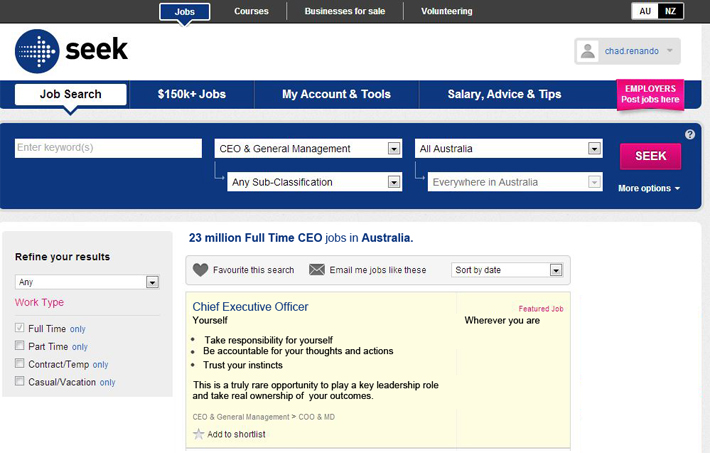Fierce conversations principle 5: Trust your instincts (and be the CEO of you)

‘Don’t just trust your instincts. Obey them’, Susan Scott states in principle five of her Fierce Conversations book.
The premise behind the fifth principle is that our thoughts can be classified into three categories: private, neutral and public. Our private thoughts are those we think but do not say, our assumptions and judgments. Scott proposed that we bring our private thoughts into neutral territory by removing any attachment to the thoughts as being right or wrong, but rather we accept that our thoughts just “are”.
This can present us with a paradox. On the one hand, our private thoughts can hold the truth about the situation; that which everyone knows but no one speaks . On the other hand, our private thoughts also contain our insecurities, judgment, fear, and other forms of self-talk not always relevant to the situation at hand. These private thoughts swirl around, alter what we hear, and add inappropriate layers to our response. Scott notes:
“We get into trouble when we ascribe motives or when we determine the “truth” thirty seconds into a conversation and inject our opinion, under the misapprehension that we are on track; that we know what is really going on. We are guaranteed to offend when we present our impressions and interpretations as the truth.”
This has me thinking about the extent that we take responsibility for our thoughts and actions, rather than attributing our challenges to people or situations outside of ourselves. My thoughts come from a recent fierce conversation with a coach who I asked for input on challenges I had been facing.
After I shared my perspective of the situation, bringing my private thoughts into the public realm, he asked me, “Yes, Chad, but are you being responsible for yourself?” Such a question can be as challenging as you allow it to be. I use the question and the notion of Scott’s principle to consider what it means to trust my instincts and be the CEO of the entity for which I am most accountable: myself.
The challenge to take responsibility
CEOs need to be able to trust their instinct, to understand what is influencing their judgment. The CEO can be seen as the pinnacle of corporate leadership. When things go wrong, it is never appropriate for the CEO to say “I didn’t know” or “No one told me”. It is their job to know. The position is responsible for the overall success of the organisation. This includes being accountable for all inputs and outputs, overall resource management, the position of the organisation in the market, and the culture of the organisation.
In the same manner, being CEO of yourself requires you to be accountable for your response to all internal and external factors, your position in your personal and professional environment, and your own attitude, or “culture”.
The premise of being the CEO of your own life is not new. Executives write books about “becoming the CEO of you” and management sites tell you that you are your own CEO. Some focus on how you are perceived, saying that being the CEO of you is part of personal branding 101 and to be responsible for the Brand called You. You are encouraged to be the CEO of your own career and indeed be the CEO of everything you do. If you need help with this, there are six easy steps to becoming the CEO of your brain, ten ways to think like a CEO, and advice to address the most difficult CEO skill of managing your psychology.
A response that frequently comes up when someone is pushed for accountability is “yeah, but…” followed by a range of factors not related to the person taking responsibility for themselves Being CEO means you operate in conditions of scarce resources. You will not always have the information you need, the leadership you desire, or the people necessary to achieve your vision and goals for your life. Leaders are defined not by what they do when they have everything the need, but who they are when they are under pressure. It is achieving outcomes as they work within internal and external constraints.
Framing the world as being CEO of myself brings to my attention when I am and am not being accountable for my own thoughts and actions. It also makes me aware of times when others are and are not being accountable for the consequences of their actions. Thankfully, I can leave the judgment of others to those with a propensity for making best and worst lists, leaving me with the business of leading myself.
As Scott says, every conversation we have is with ourselves, and sometimes they involve others. This blog post is no different.
Are you CEO of others, and are you CEO of you? Feel free to make your private thoughts public in the comments below.

‘Don’t just trust your instincts. Obey them’… unless you’re an “S” and have no “N”. Being a reasonably strong N, I couldn’t agree more…